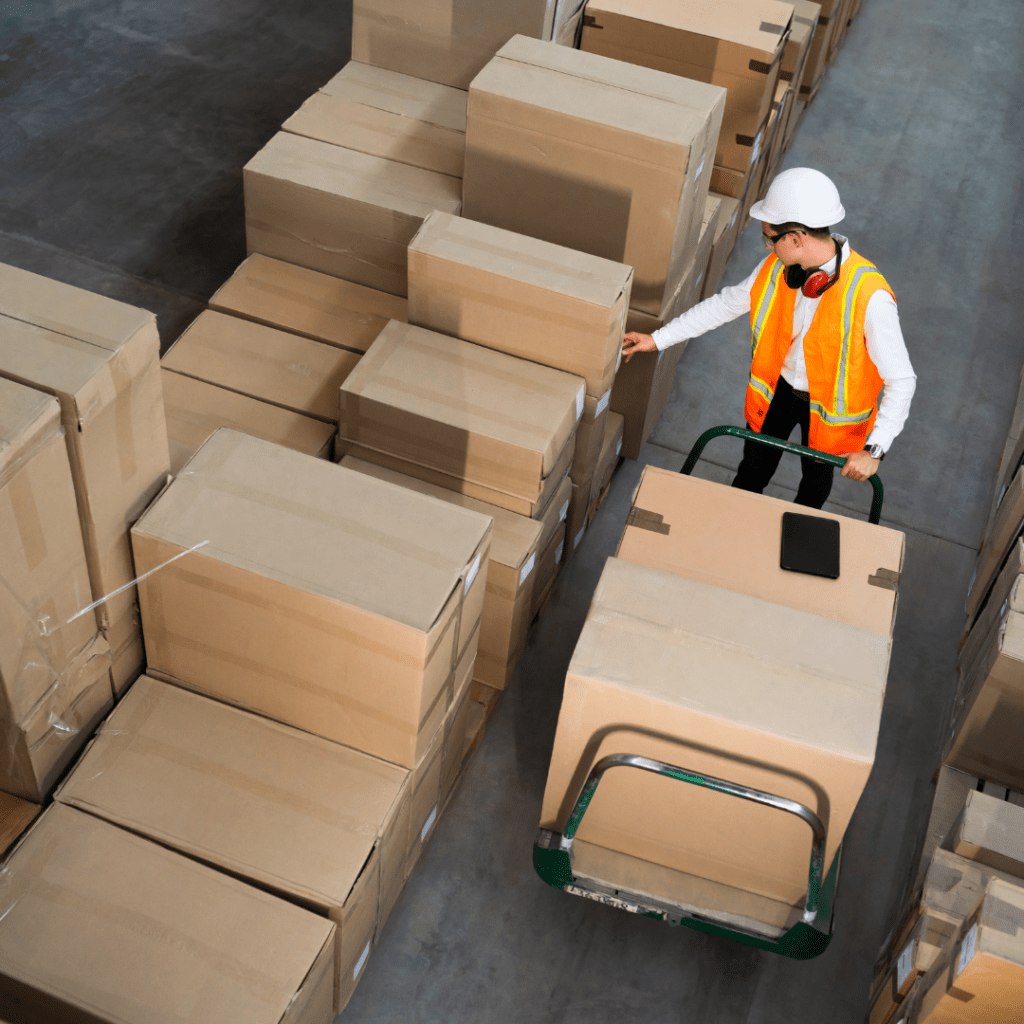Recycling Starts at Home
Waste management can be challenging in South Africa. With an exploding population comes an increase in waste, but are we dealing with it effectively as a nation? The short answer is no! Waste management facilities are already in short supply and under severe pressure. They simply can’t manage waste streams effectively and sort them out to ensure hazardous waste isn’t mixed with general waste. For this reason, it’s worth exploring setting up a home recycling system.
What is Separation at Source?
The waste that you collect around your home must be categorised into recycling waste and into waste that’s headed for the landfill. Because landfills are filling up and we’re running out of space, we can’t afford to dump recyclable materials there. Additionally, by separating your waste and establishing specific recyclable materials, you’re helping the environment and assisting informal waste pickers to earn an income.
Creating a Recycling System at Home
You’ve finally decided to adopt the green journey and start recycling at home. But you’re stuck and don’t know where to start. Don’t worry, it’s easy – follow our handy tips to get started.
Location
Before you do anything, identify a place around your property for the recycling station to live. Consider if you want it to be accessible and its visibility to guests. However, you should lean towards creating the recycling station in areas where you likely generate the most waste. The same principle can be applied to businesses. Some options include:
- Garage – cleaning products, yard waste, hardware, and oil cans are usually found there.
- Home office – paper, plastics, and other common office items will be a priority.
- Kitchen – no doubt the place where we create the most waste. Food prep delivers loads of recyclable materials such as cans, plastics, glass bottles, and cardboard to mention a few.
Remember, you can have multiple recycling stations around the house for specific items. Identify the right areas for the appropriate materials.
Recycling Bins
After you’ve selected the location, it’s time to set up your bins. You’ll need one for recyclable materials, one for organic waste (compost), and one for non-recyclables. Since there are several options of trash cans available, you may want to select something that blends in with your aesthetics. Make sure that you’ve clearly marked each bin, so you and your family can dispose of your waste in the correct bin.
Cleaning Recyclables
Simply placing a recyclable item in the correct bin and sending it off to a facility won’t help. The waste that you want to get recycled must be clean, especially if it’s heavily soiled. Wash and dry all bottles, plastics, and tins before placing them in the recyclable bin. There also shouldn’t be any food residue stuck to the sides of the item, whether it’s bottles or cardboard boxes. All items in this pile need to be as clean as possible to avoid nasty odours and attract pests.
If you are discarding boxes and cans, try to flatten them before throwing them away, as it reduces the volume and makes it easier for the next part of the recycling process. Remember to avoid mixing wet and dry waste to make it easier for the recycling facility.
Logistics
To get the waste to a recycling centre, you have a few options. In South Africa, we have informal waste pickers who rely on delivering recyclables for a living. Having separate clear bags ready for them eliminates additional work and assists them with the process.

Additionally, you can leave recyclable waste on the kerbside in an appropriate bag for the municipality to collect on the appropriate day. Alternatively, you can physically take the waste to your nearest recycling centre, or get a private company that collects recyclable materials to collect your bin and take it to the relevant processing facility.
Check out the collection point map, if you need more details about dropping off your recyclable waste.
Recycling Schedule
Life gets busy, we know that, which is why it’s worth printing out a recycling schedule so that everyone is aware of when all waste should be in the appropriate bins. Businesses can also adopt this process and inform employees of the collection dates. As a result, people are encouraged to bring recyclable waste to the office to ensure it’s disposed of correctly.
Items You Can Recycle
If you’re unsure about what types of materials you can put in the recycle bin, these categories should clarify it for you.
- Paper – newspapers, magazines, pamphlets, textbooks, boxes etc.
- Plastic – bottles, jars, grocery packets, paint tubs etc.
- Polystyrene – takeaway containers, cups, plates, packaging etc.
- Glass – bottles, jars, medical containers etc.
- Metal – beer and cooldrink cans, bottle tops, jar lids, paint tins etc.
- e-Waste – batteries, old chargers, laptops, appliances etc.
Action is Needed
Everywhere you look, we’re leaving a trail of recyclable materials in our wake. Instead of leaving them to end up at a landfill, we have the power to change the narrative and save our planet. Not only do informal waste pickers generate an income from it, but the materials itself is used again as a new product, which can only be good for everyone.
Join our list of members, primarily businesses from around the country who’ve committed to meeting recycling targets and remain EPR compliant. As a registered producer responsibility organisation (PRO), eWASA can help guide you in the right direction. Reach out to our team if you need assistance with your EPR.
Sources:
- https://www.dffe.gov.za/national-waste-management-strategy
- https://petco.co.za/consumers/how-to-collect-sort-and-recycle/
- https://www.cleanupandrecycle.co.za/recycling-at-home/
- https://www.houseofyork.co.za/recycling-made-easy
- https://blog.seeff.com/creating-a-recycling-system
- https://www.property24.com/articles/3-ways-to-store-recycling-at-home/31933
- https://sawic.environment.gov.za/documents/10649.pdf


